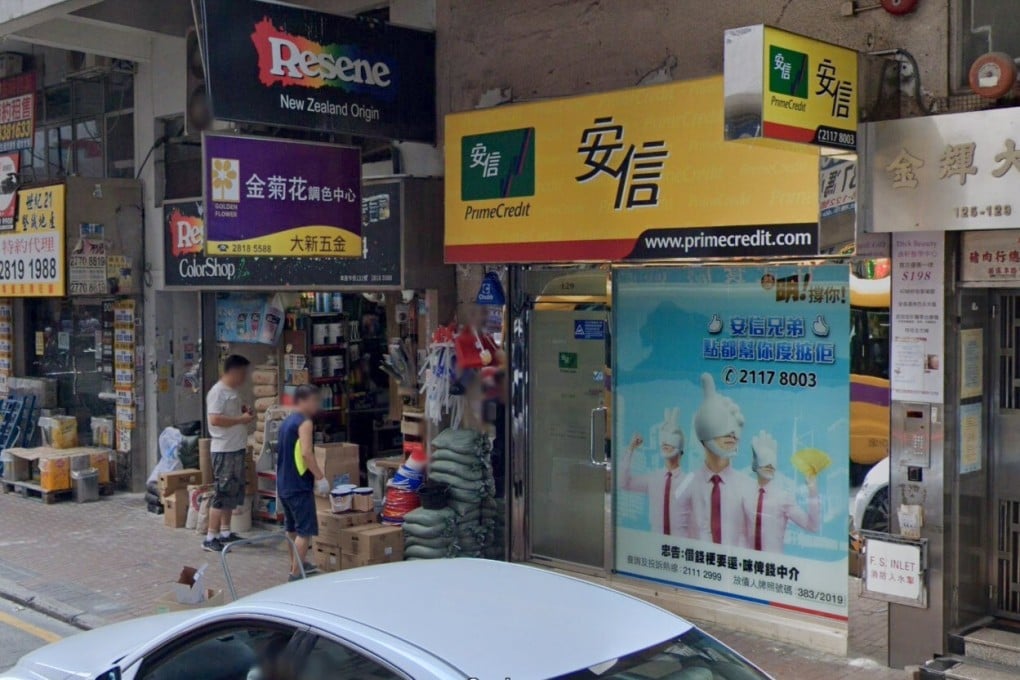Exclusive | Hong Kong subprime lender PrimeCredit is back on sale for at least US$600 million with ZA Bank, Elephant Club among early suitors
- The owners of PrimeCredit are seeking buyers for the subprime lender with Hong Kong and Shenzhen operations for at least US$600 million
- PrimeCredit had about US$1 billion of loan portfolio and over 260,000 customers at the start of the year, according to people familiar

The subprime lender is said to be valued at no less than US$600 million, with Hong Kong’s first virtual lender, ZA Bank, and local online fund and peer-lending firm Elephant Club among the interested buyers, they said.
China Travel Financial, Pepper Australia and York Capital Management bought PrimeCredit from Standard Chartered in early 2015 for an undisclosed sum. Sources said that deal was worth about US$600 million, which involved carving out HK$5.9 billion of residential mortgages to the Bank of East Asia, leaving the consortium with unsecured personal loans originated by its Hong Kong and Shenzhen money-lending units.
ZA Bank, which is partly owned by ZhongAn P&C Online, does not comment on market rumours, a spokeswoman said in reply to the Post. PrimeCredit, China Travel Financial and Elephant Club did not immediately reply to emails seeking comments.
PrimeCredit was founded in 1977 and operates under a money-lending licence enforced by the police. The licence allows it to charge as high as 60 per cent in effective annual interest for loans to borrowers with weak creditworthiness who typically would have difficulties getting credit from traditional banks. Its 34 branches across the city also offer credit cards.